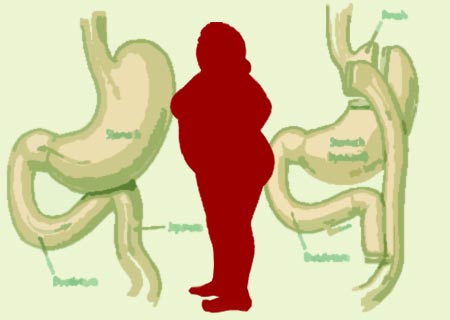Just after an analysis reported fructose of not being the sole villain in the obesity epidemic, another article contradicting it has already arrived. According to professionals at the University of Colorado, fructose could lead to obesity and other diseases related to metabolic syndrome.
In the research, the team used a set of animals to comprehend the metabolic processes related to fructose. As per the observations, fructose seemed to be metabolized by an enzyme that was apparently prevalent in 2 forms.
“These studies provide new insights into how fructose may contribute to the development of obesity and diabetes. In particular, the identification of contrasting roles for two enzymes that are involved in fructose metabolism was surprising and could be important in understanding why some individuals may be more sensitive to the metabolic effects of fructose than others,†commented Richard Johnson, MD, the senior author of the trial.
While the first form of fructose could be implicated in diseases such as obesity, fatty liver and insulin resistance, the second form may bring out the opposite effect in animals. Initial studies have shown how fructose present in sugars like sucrose and high fructose corn syrup may fuel the obesity pandemic along with other metabolic syndromes.
In the lab tests, the investigators found that fructose intake led to visceral or organ fat accumulation as well as insulin resistance. This influence did not appear to be present in starch based diets even when the proportion of calories was kept constant.
The research titled ‘Opposing effects of fructokinase C and A isoforms on fructose-induced metabolic syndrome in mice’ is published in the February 27 issue of the journal, Proceedings of the National Academy of Sciences.

